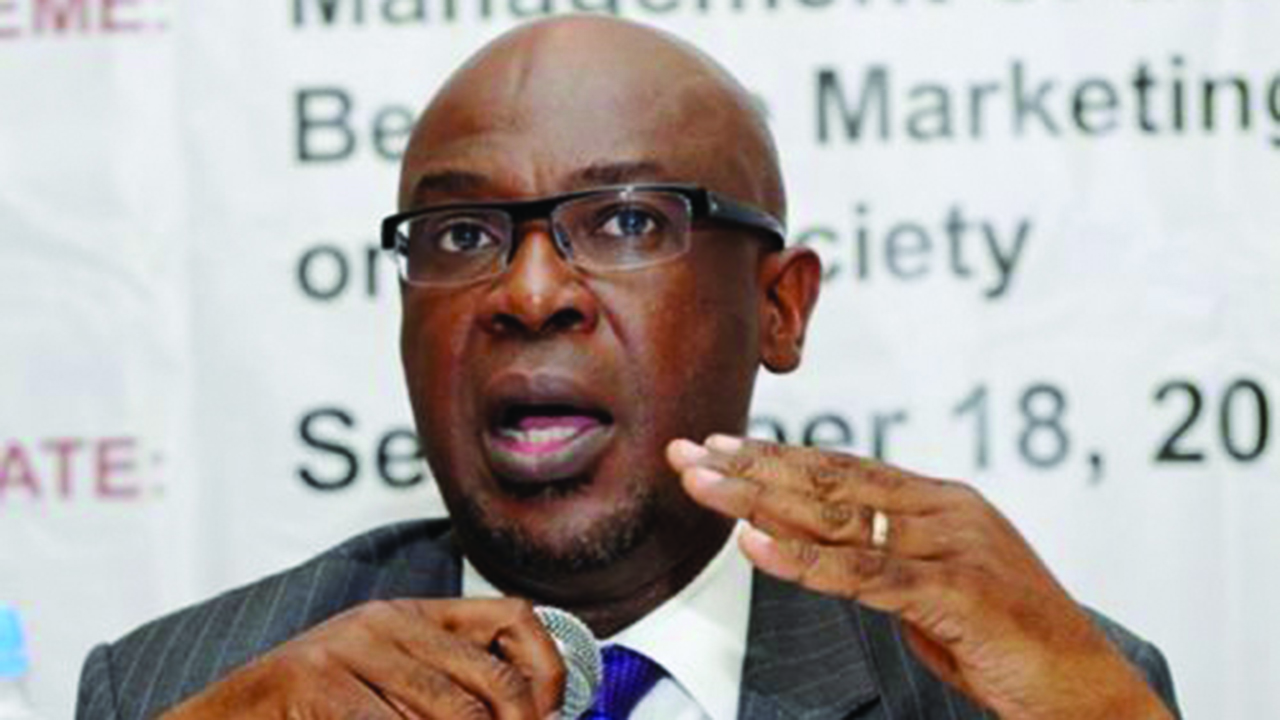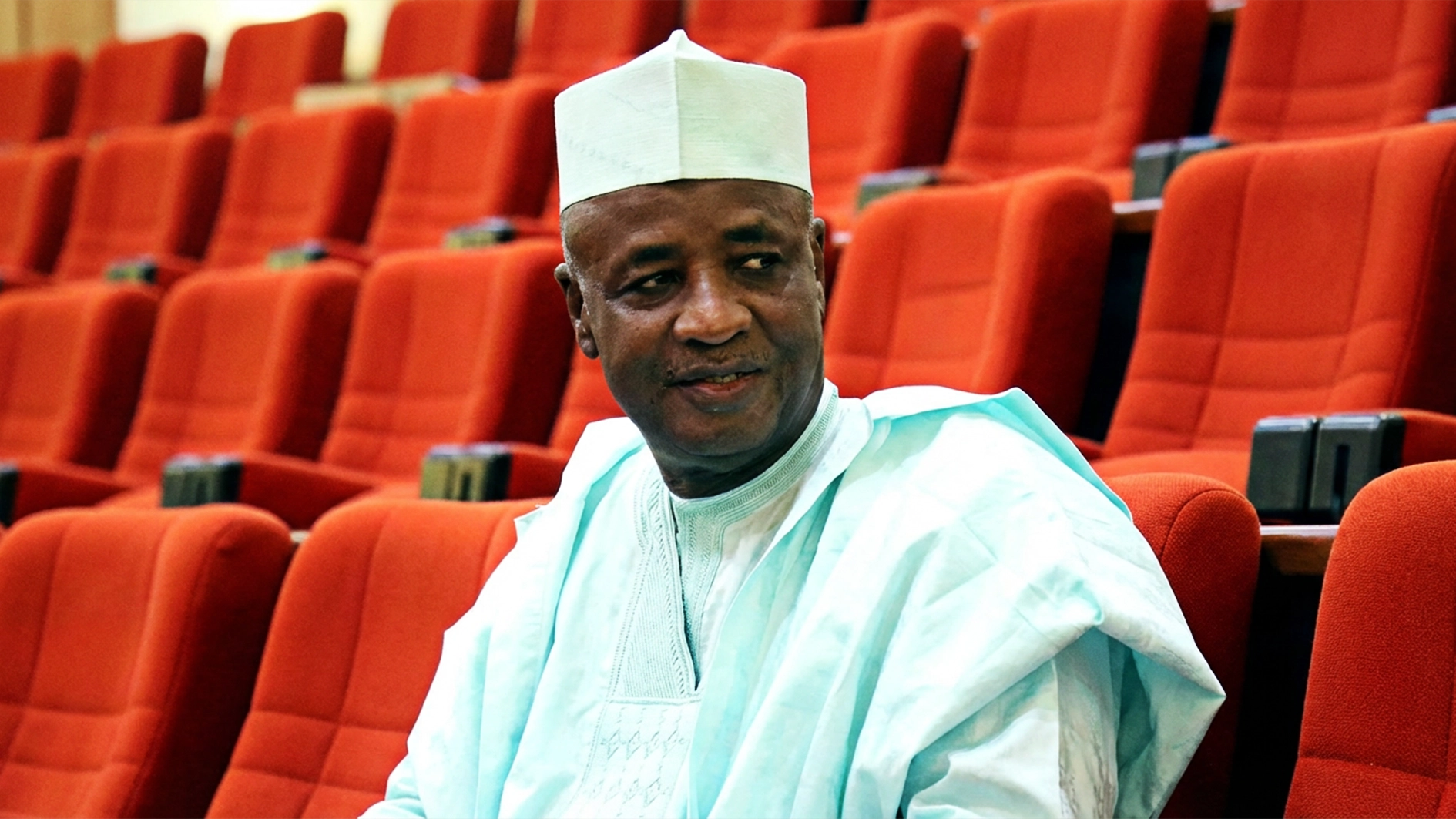
Nigeria remains the most populous country on the continent and boasts of one of the largest economies in Africa. Our economy has historically been heavily reliant on crude exports, but the government has taken steps to diversify and strengthen other sectors. Nigeria’s GDP has experienced fluctuations in recent years due to its heavy dependence on oil prices. In 2020, the economy contracted by 1.92 per cent due to the COVID-19 pandemic and a sharp decline in oil prices. However, in the first half of 2021and a run-up to 2022, there were signs of recovery as GDP grew by 5.01 per cent compared to the same period in the previous year. Current efforts show some promises as the new President puts his team in place to drive his policies.
Diversification recognises the vulnerability of an oil-dependent economy, and the government has made efforts to spread its economic base. Initiatives have been launched to promote sectors such as Agriculture, Manufacturing, Solid Minerals and Services. Agriculture plays a significant role in the economy, employing a large portion of the population and contributing significantly to non-oil GDP growth.
Marketing, as a discipline, involves activities related to promoting, selling and distributing products or services to consumers. When it comes to nation building, Marketing and by extension Marketing Communication, plays a significant role in several aspects, such as:
1. Economic Development: Marketing facilitates economic growth by stimulating demand for goods and services, which in turn drives production, employment and investment. Effective marketing strategies can attract domestic and foreign investments, promote entrepreneurship and foster innovation, all of which contribute to a nation’s economic development.
2. Branding and Image Building: Marketing Communication helps shape a nation’s image and reputation in the global arena. By effectively branding and promoting her unique attributes, such as its cultural heritage, natural resources, or technological advancements, Marketing Communication can attract tourists, investors and trading partners. Positive nation branding can lead to increased foreign direct investment, tourism revenue and international trade opportunities. I will of course say a bit on this later and how Nigeria must revisit the issue and work with professionals.
3. Exports Promotion: Marketing plays a vital role in promoting a nation’s exports. Through market research, competitive analysis and strategic planning, marketing professionals can identify target markets, develop appropriate pricing and distribution strategies, and create effective promotional campaigns to expand a nation’s export base. This contributes to foreign exchange earnings, job creation and overall economic growth.
4. Social Development: Marketing can also contribute to social development by addressing societal needs and promoting responsible consumption. Through social marketing initiatives, such as campaigns to raise awareness about public health issues, environmental sustainability or social causes, marketing can influence positive behavioural change and social well-being.
In the context of nation building, Ethics in Marketing becomes imperative to ensure sustainable and responsible practices. Ethical marketing involves conducting business in a transparent, honest and socially responsible manner adhering to the highest standards of just ethics and responsible conduct. Some key considerations include but are not limited to:
1. Consumer Protection: Ethical Marketing practices prioritise the protection of consumer rights and interests. This includes providing accurate and truthful information about products and services, avoiding deceptive advertising, and ensuring fair pricing and business practices.
2. Environmental Responsibility: Ethical Marketing involves minimising the negative impact of business activities on the environment. This includes adopting sustainable production processes, reducing waste and pollution, and promoting environmentally friendly products and practices.
3. Social Responsibility: Ethical Marketing emphasises the well-being of society and stakeholders. This involves considering the social impact of business decisions, promoting diversity and inclusion, supporting community development initiatives and adhering to ethical labour practices.
4. Honesty and Transparency: Ethical marketing requires honest and transparent communication with consumers and stakeholders. This involves providing clear information about products, disclosing any potential conflicts of interests, and respecting consumer privacy and data protection.
By integrating ethics into marketing practices, Nigeria can build trust among consumers, attract responsible businesses, and create an environment conducive to sustainable development. Ethical marketing practices contribute to the long-term success of businesses, enhance a nation’s reputation and foster social cohesion, all of which are essential for nation building.
Rebranding Nigeria and the Role of Branding Experts in Public Communication
It would be unthinkable that I would deliver a paper like this and not touch on the Nigeria brand. Everything we have shared so far touches on the brand and its local as well as offshore perceptions. Positive aspects of Nigeria’s brand include her cultural richness, with over 250 ethnic groups, vibrant music and film industries, amazing haute couture, renowned writers and artists, and a history of cultural achievements. Our economy, driven by sectors such as oil and gas, telecommunications, agriculture and services, has also contributed to its brand image as an emerging market with significant potential for investment and business opportunities.
Let me therefore say a few words about the need for a fresh ethical reorientation and the role for Marketing and Marketing Communication in this respect.
Historically, by far the most ambitious and well thought-out effort was the “Good People Great Nation” campaign under the late Prof. Dora Akunyili as the Minister of Information and Orientation. Can the new government of President Bola Ahmed Tinubu revive it? Efforts have been made in the past to enhance Nigeria’s brand image and address these challenges. Governments initiated various programmes to promote economic diversification, improve infrastructure and attract foreign investment. Additionally, there have been campaigns to promote tourism, showcase Nigeria’s cultural heritage and highlight investment opportunities. Perhaps the most profound effort was under the late Akunyili, in the “Good People Great Nation” campaign. And as the pioneer Secretary and later CEO of the project, I can honestly assure you without bias that in terms of strategy it was well thought out. Sadly, the implementation was mired in the politics of the period and Nigeria lost an opportunity for a truly well-articulated Social Mobilisation and Civic Responsibility campaign.
I am therefore using the opportunity that hosting this conference in Abuja presents to strongly urge and implore President Tinubu to take a new look at developing a holistic rebranding campaign for Nigeria. We need one. And I am not talking of another media campaign that is superficial, but one that goes to the root of the causes of the negatives of the Nigerian brand, and then design, or more like implement a serious long-term attitude-changing campaign. The reorientation will also focus on our professions and government organs.
While still on the subject of the role of brand management, may I also urge the government of President Tinubu to try and do things a bit differently. The practice up to now in government suites is to routinely appoint our journalists cousins to manage public communication for Presidents, Vice Presidents, Governors etc., and this is good. We have nothing against this practice. But we also recognise that the role and functions of communication management principally involve brand building. Nigeria is a brand; President Tinubu is a brand; ditto the VP, Governors and other principal officers of state. It is my belief and professional conviction that government should begin to include in its communication management team branding professionals. Their role is to take on the task of directly producing the brand and branding strategies that our professional colleagues, the media experts, can then work and run with.
The Crucial Role of Ethics in Nation Building
Ethics plays a crucial role in nation building by providing a moral framework and guiding principles that shape the behaviour and decision-making of individuals, communities and institutions within a nation. Here are some ways ethics can contribute to nation building:
1. Social Cohesion: Ethics promotes a sense of shared values, norms and principles that foster social cohesion within a nation. When people adhere to ethical principles such as fairness, justice and respect for others, it helps build trust, cooperation and harmony among citizens. This unity and cooperation are essential for a nation to work towards common goals and overcome challenges together.
2. Good Governance: Ethical governance involves transparency, accountability, integrity and the rule of law. When leaders adhere to ethical standards, it helps in minimising and even preventing corruption, promoting public trust, and ensuring the efficient and fair allocation of resources.
3. Economic Development: Ethical behaviour in business and economic activities is vital for sustainable economic development. An ethical business environment promotes fair competition, protects consumer rights, and encourages responsible investment and entrepreneurship. When individuals and businesses operate ethically, it fosters investor confidence, attracts foreign investment and creates a conducive environment for economic growth and prosperity.
4. Social Justice and Inclusion: Ethical considerations are fundamental in addressing social inequalities and promoting social justice. Ethical principles such as equality, non-discrimination and human rights are essential for ensuring equal opportunities, protecting vulnerable populations and promoting inclusivity within a nation.
5. International Reputation: Ethics also plays a role in shaping a nation’s international reputation and relationships. When a nation upholds ethical values and respects international norms and obligations, it fosters trust, cooperation and positive diplomatic relations with other nations. Ethical conduct in foreign policy, trade and international cooperation enhances a nation’s standing and influence on the global stage.
Too often, marketing practitioners have been accused of sacrificing strong ethics for market shares, profits etc., doing unethical things. For this purpose, several federal institutions like ARCON play watchdog roles in ensuring that the consumer is protected so that in their inordinate drive for profits and market shares advantages, marketers do not go overboard. Ours is a very ethical community of responsible business people who are guided and motivated not just by the ringing of the cash register, but also by a strong commitment to driving strong ethical practices in the support of our brands.
I will therefore like to use this opportunity to assure the government and its relevant agencies that the National Institute of Marketing of Nigeria (NIMN) can be counted upon in a reliable partnership to deliver the best ethical products and practices to Nigerians and at reasonable prices, in support of this government’s efforts towards good quality lifestyle to Nigerians. We will in return continue to count on the support of the government as we do everything possible as a professional and highly ethical group and community to deliver on these promises.
*Excerpts from a paper presented by Akinwunmi, the Group CEO of Prima Garnet Africa at the 2023 NIMN Annual General Meeting and National Conference in Abuja, recently






